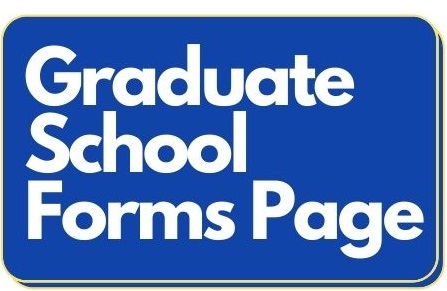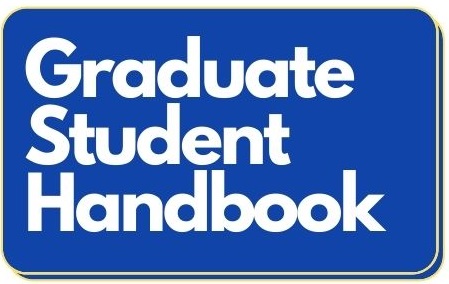Graduate Resources
Registration
The best place to start is Graduate School's Degree Requirement - Special Courses Page. This page covers the amount of Independent Study credits students are allowed to
take. Please be sure this course is included in your Program of Study form for the
correct number of credits. If it is not correctly reflected on your Program of Study
Form you will need to complete a Program of Study Revision Form. If you are unsure, please reach out to the History and Philosophy Office.
The best place to start is Graduate School's Degree Requirement - Special Courses Page. This page covers the amount of Independent Study credits students are allowed to
take. Please be sure this course is included in your Program of Study form for the
correct number of credits. If it is not correctly reflected on your Program of Study
Form you will need to complete a Program of Study Revision Form. If you are unsure, please reach out to the History and Philosophy Office.
Steps for Completing an Independent Study:
- Choose a faculty member that you would like to work with for your Independent Study. This faculty member does not need to be your academic advisor, but instead a professor
who is knowledgeable in the area of your Independent Study. They will work with you
to design your Independent Study class as well as oversee it. They will also be responsible
for creating assignments and tasks you're expected to complete and assign a final
grade.
- Meet to discuss the following information in order to complete your Independent Study Contract.
- A detailed course description
- The objectives of the independent study
- Any required reading
- How you will be evaluated (papers, meetings, etc.)
- How many credits the independent study is worth.
- Click on the button below to complete the Independent Study Contract.

- Once you have completed the Independent Study Contract it will be routed to your faculty
advisor, Independent Study Instructor and the History and Philosophy Department Chair
for signatures. When all the signatures have been collected you will be notified and
registered for the course by the History and Philosophy office.
The best place to start is at the Graduate School's Policies and Procedures for Internships page. This page covers the background information you'll need to know about deciding to
do an internship, such as requirements and credit limits. Please be sure this course
is included in your Program of Study form for the correct number of credits. If it
is not correctly reflected on your Program of Study Form you will need to complete
a Program of Study Revision Form. If you are unsure, please reach out to the History and Philosophy Office.
Steps for Completing an internship:
- Findan established Internship, or work with a company or group to design one that fits
your skills and interests. This often involves reaching out to local organizations and businesses and making
contacts.
- Find a faculty advisor to help plan and oversee your internship. It does not need to be your regualar academic advisor, but any tenure track professor.
They will be responsible for designing the assignments associated with your internship
and will assign a final grade at the end of the semester.
- Meet to discuss the following information in order to complete your Internship Contract
- What the educational goals and objectives are of the internship.
- The specific expectations and duties you're expected to complete
- The credit requirement of the internship (daily logs, final reports, etc.)
- The evaluation criteria and the grading responsibilities of your advisor and internship
supervisor
- The date you are expected to have completed all requirements.
- Click on the button below to complete the Internship Contract.
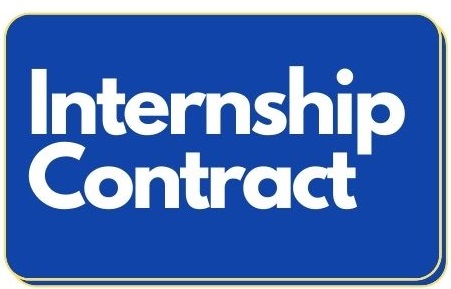
- Once you have completed your Internship Contract it will be routed to your Internship
Supervisor, and your Faculty Advisor for signatures. When the signatures have been
collected you will be notified and registered for the course by the History & Philosophy
office
Steps for Completing an Independent Study:
- Choose a faculty member that you would like to work with for your Independent Study. This faculty member does not need to be your academic advisor, but instead a professor who is knowledgeable in the area of your Independent Study. They will work with you to design your Independent Study class as well as oversee it. They will also be responsible for creating assignments and tasks you're expected to complete and assign a final grade.
- Meet to discuss the following information in order to complete your Independent Study Contract.
- A detailed course description
- The objectives of the independent study
- Any required reading
- How you will be evaluated (papers, meetings, etc.)
- How many credits the independent study is worth.
- Click on the button below to complete the Independent Study Contract.

- Once you have completed the Independent Study Contract it will be routed to your faculty advisor, Independent Study Instructor and the History and Philosophy Department Chair for signatures. When all the signatures have been collected you will be notified and registered for the course by the History and Philosophy office.
Steps for Completing an internship:
- Findan established Internship, or work with a company or group to design one that fits your skills and interests. This often involves reaching out to local organizations and businesses and making contacts.
- Find a faculty advisor to help plan and oversee your internship. It does not need to be your regualar academic advisor, but any tenure track professor. They will be responsible for designing the assignments associated with your internship and will assign a final grade at the end of the semester.
- Meet to discuss the following information in order to complete your Internship Contract
- What the educational goals and objectives are of the internship.
- The specific expectations and duties you're expected to complete
- The credit requirement of the internship (daily logs, final reports, etc.)
- The evaluation criteria and the grading responsibilities of your advisor and internship supervisor
- The date you are expected to have completed all requirements.
- Click on the button below to complete the Internship Contract.

- Once you have completed your Internship Contract it will be routed to your Internship Supervisor, and your Faculty Advisor for signatures. When the signatures have been collected you will be notified and registered for the course by the History & Philosophy office
Gradudate School Handbook
Master's Program Deadlines
| Event | Deadline |
| Confirm your committee | End of second semester |
| Submit your program of study | End of second semester |
| Complete Comprehensive Exams |
PhD Program Deadlines
| Event | Deadline |
| Confirm your committee | End of second semester |
| Submit your program of study | End of second semester |
| Complete Comprehensive Exams |
Funding Opportunities
Internal FundingCLS (College of Letters and Science) Travel Grant
Award: $1,000 for Research or Conference Travel
Check University Email for Call for Applications
GREA (Graduate Research Enhancement Award)
Award: $1,000 For Research or Conference Travel
Check University Email for Call for Applications
.
Ivan Doig Center Summer Dissertation Fellowship
Award: $3,000 dollars for Dissertation Research/Writing
https://www.montana.edu/doig/proposals/summerfellowship.html
Ivan Doig Center Graduate Research Award
Application: Due in March
The Graduate School: PhD Dissertation Completion Award
Application: Due semester before expected completion of dissertation
Award: $10,000 plus tuition for the semester
Crawford Wildlife Habitat Scholarship
Award: $5,000 for research related to Wildlife Habitat
https://www.montana.edu/gradschool/fellowships/index.html
External Funding
Dumbarton Oaks
Award: $1,000 - $10,000 depending on specific award
Matthew Hansen Endowment for Wilderness Studies
Award: $500 - $6,500
https://www.umt.edu/wilderness-institute/research/mhe/apply.php
Redd Center
Award: $1,000 - $5,000
Newberry Library
Beinecke Library Fellowship
Current Graduate Students
M.A. Students
Sydney Barry
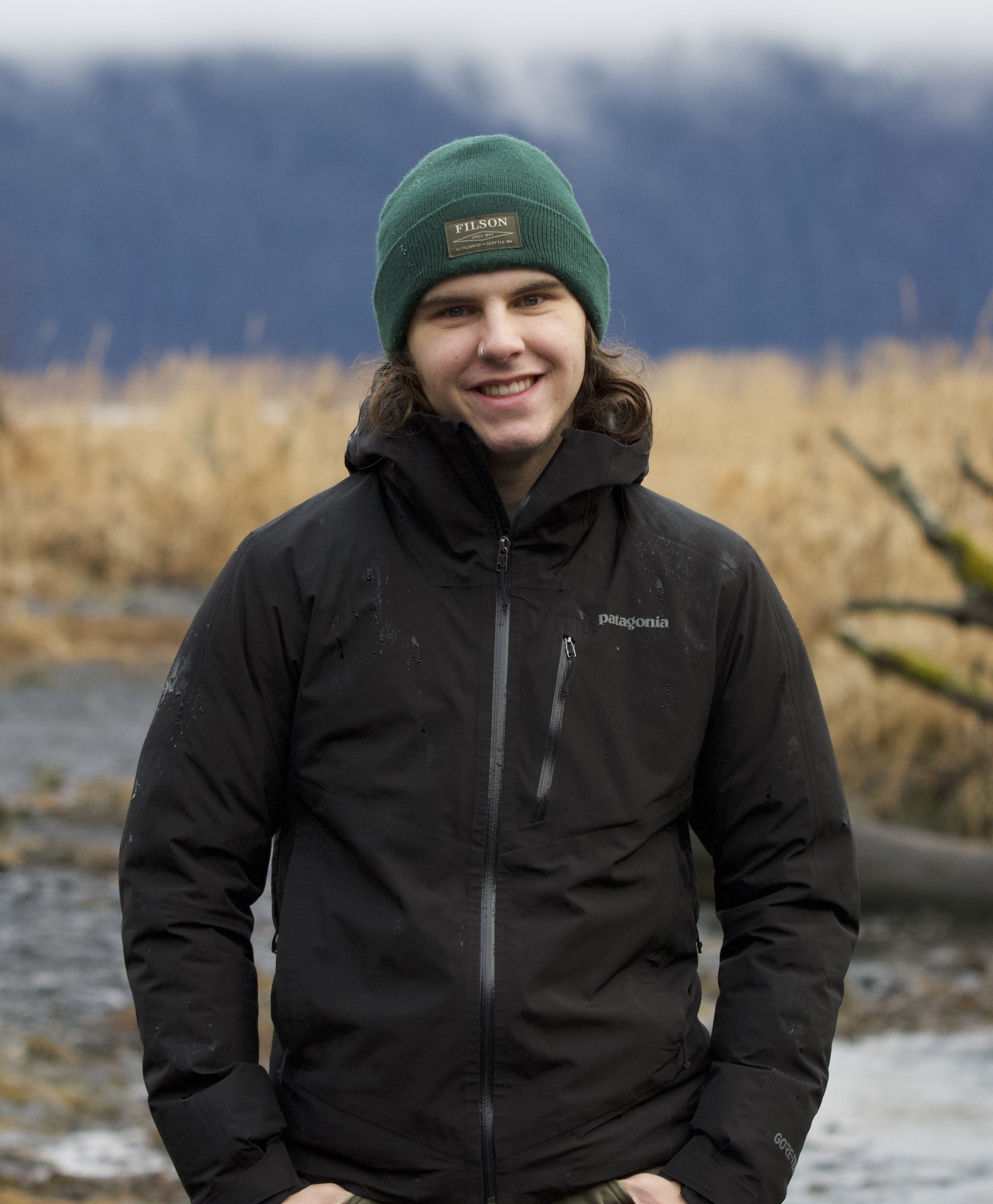
Carter Berg
Carter is drawn to the environmental history of the American West. His interest in the conservation of the West's public lands emerged from growing up in and interacting with the Greater Yellowstone Ecosystem. Carter's current research is centered on the material roots of the wilderness ideal in the GYE and how the multifaceted concept of wilderness has and continues to influence resource management practices in the region.
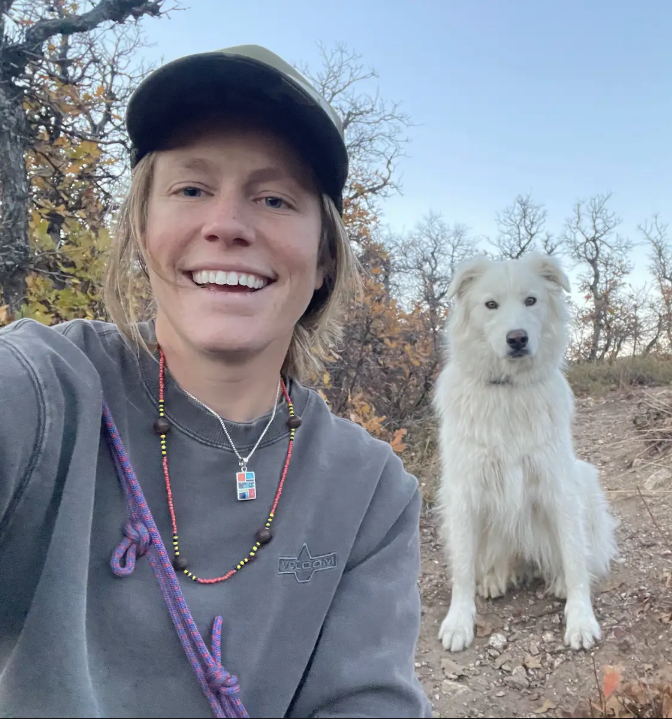
Joanie Davis
Questian Dovky
Zachary Hust
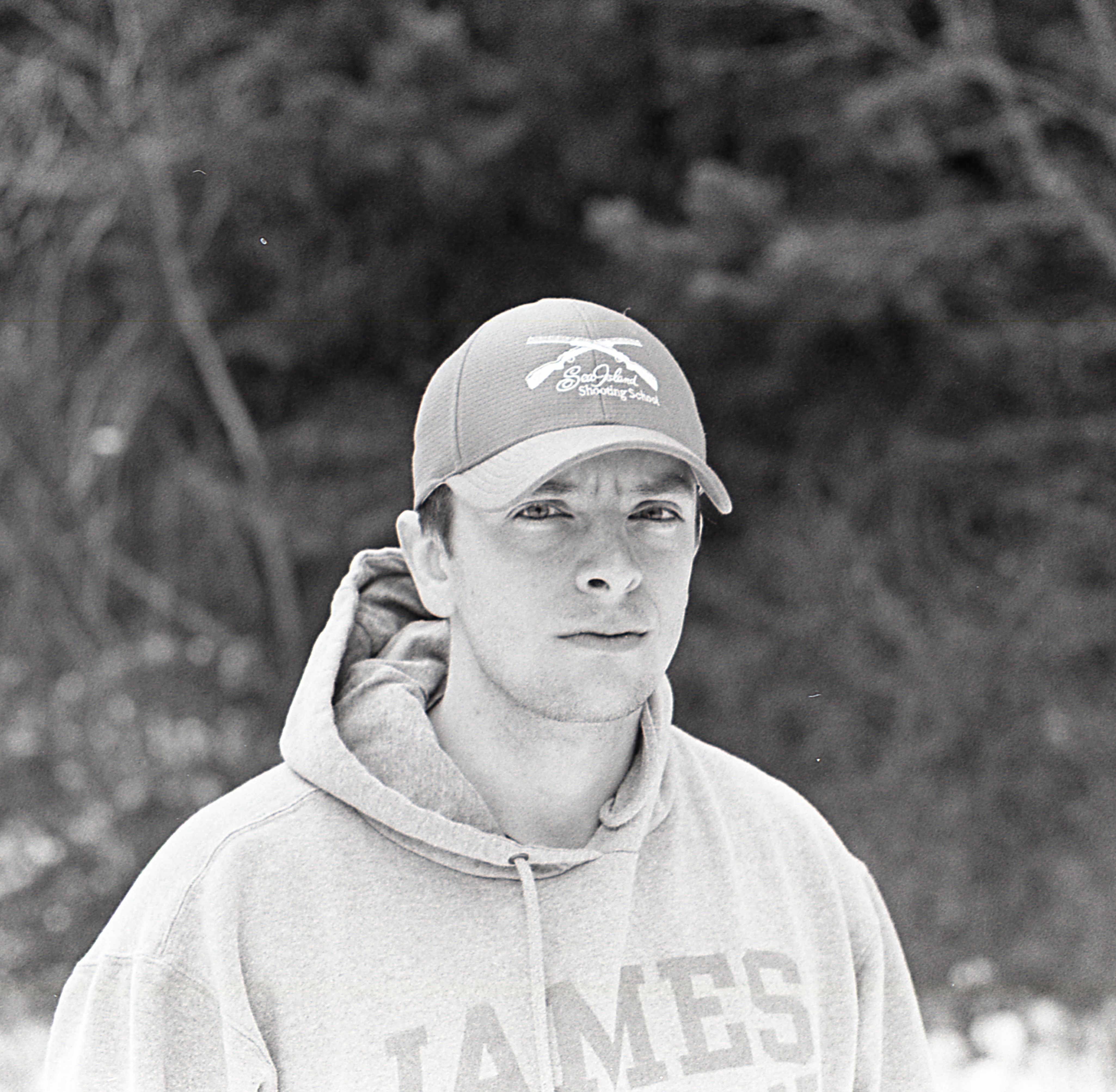
Dominic LeShock

Victoria Nelson
Ph.D. Students & Candidates

Denise Boynton
Denise is a Ph.D. student with an interest in U.S. empire and neocolonialism, focusing on Puerto Rico. She is particularly interested on how Indian federal laws and policies were transferred transnationally.
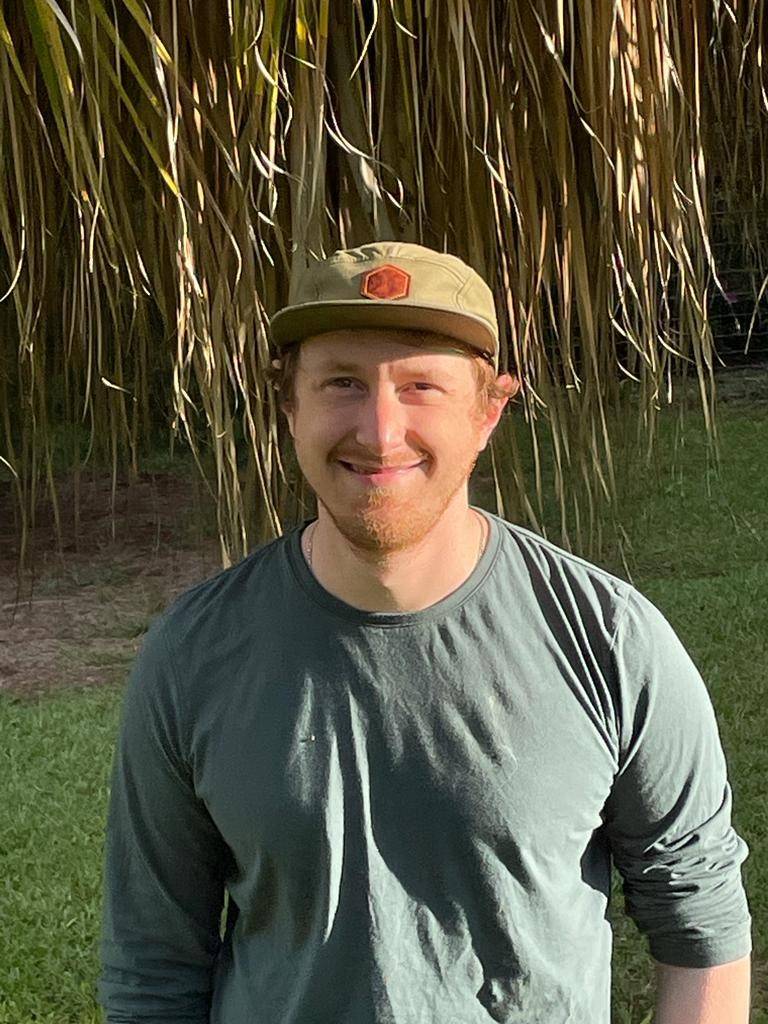
Travis Carioscia
Travis studies environmental history and history of science. He is particularly interested in Antarctic science and exploration with an emphasis on subglacial lake access, ice core science and the rise of climate science in extreme environments since the International Geophysical Year of 1957-1958. Other topics of interest include: Victorian science, Mountain Studies, and Geology.
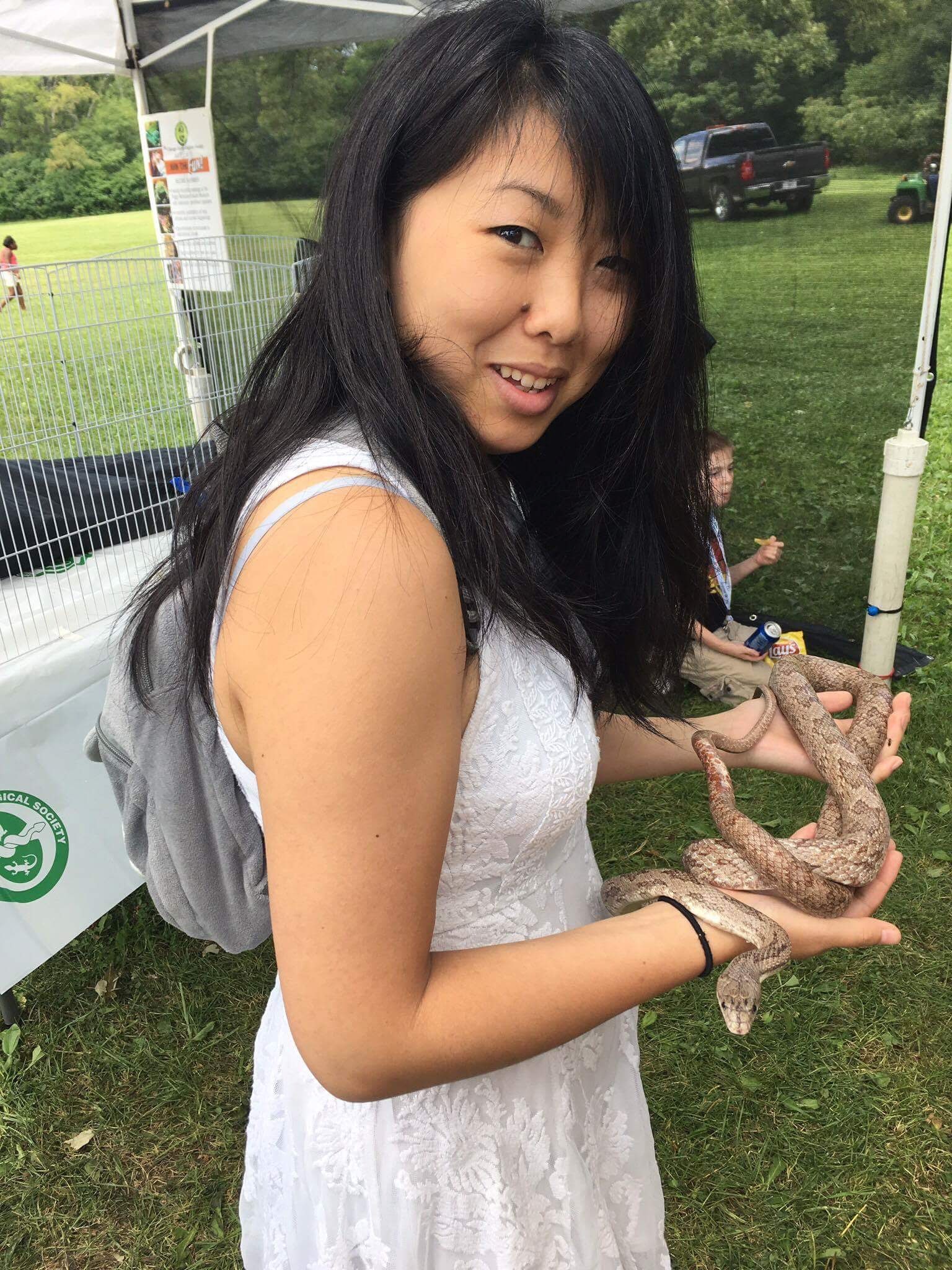
Carol Chang
Carol is a PhD candidate studying twentieth century Native American art in Santa Fe, New Mexico. She holds a bachelor's degree in fine arts and an associate's degree in environmental science. Her work combines museum history, Native American history, and art history in order to study the development of modern Native Arts, from the Santa Fe Indian School to the Institute of American Indian Arts.
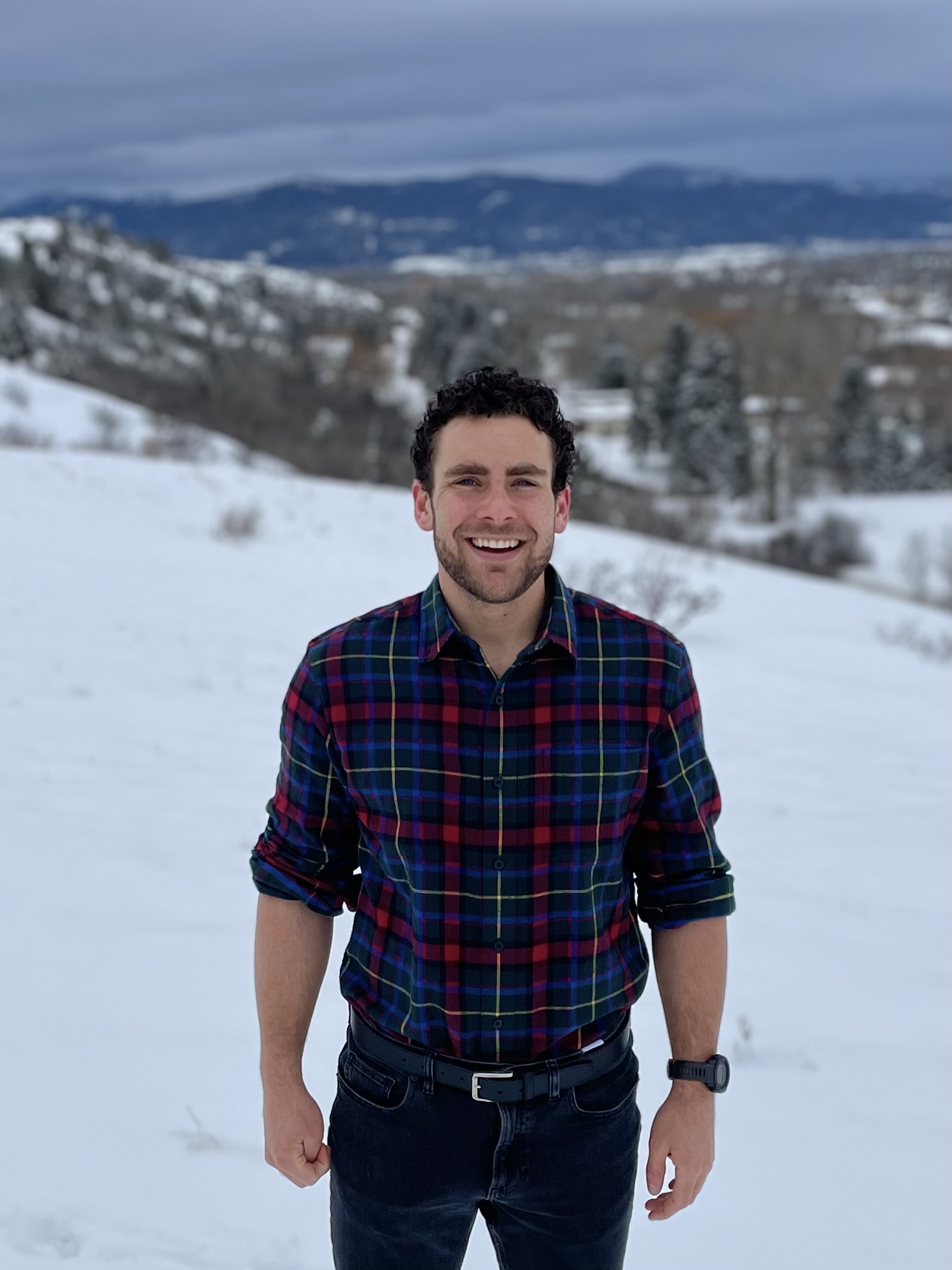
Angus Cummings
Robert Elliot III
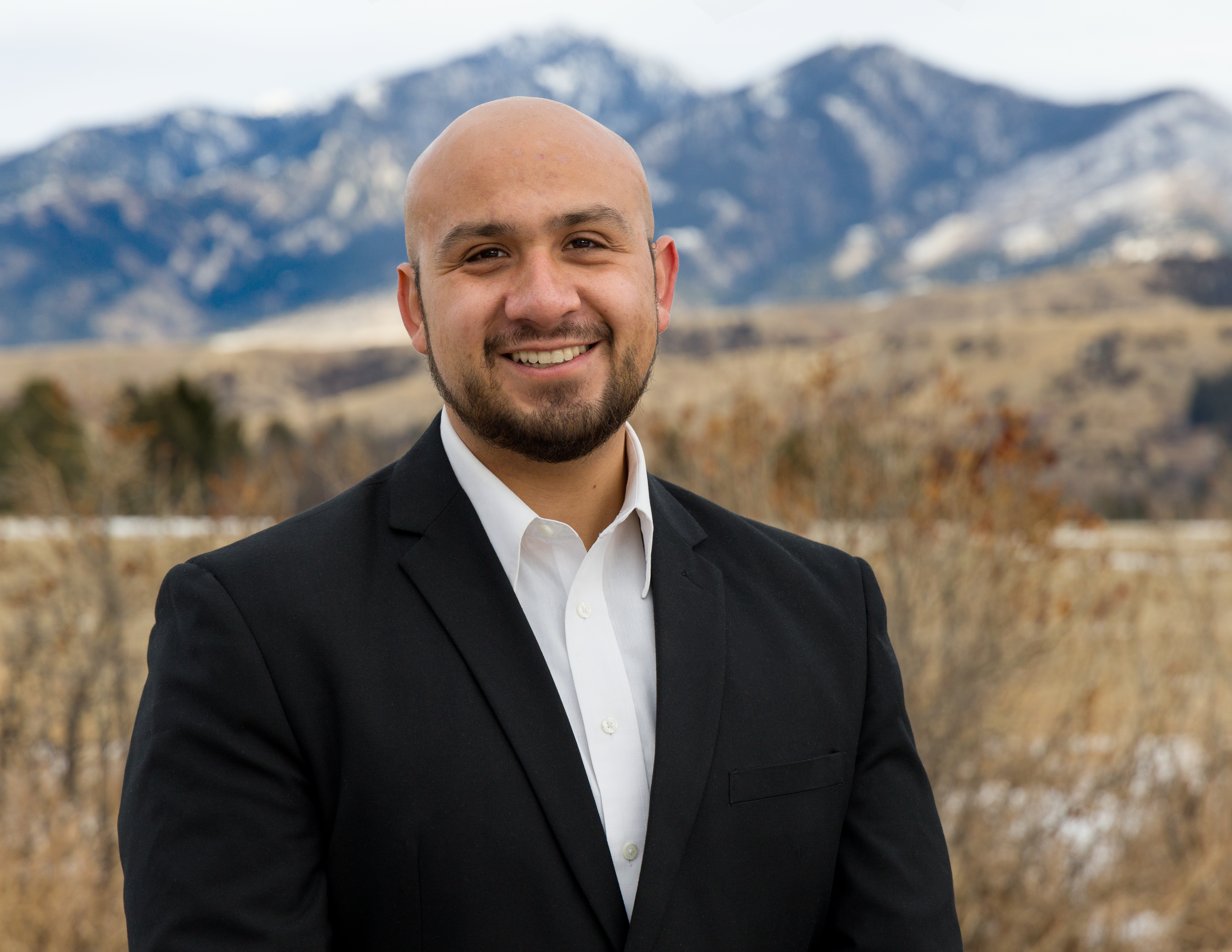
Joseph Esparza
Joseph Esparza is a PhD Candidate whose research is focused on the American West, historical geography, and the history of ideas. He received his BA in History and Geography and his MA in History from CSU San Marcos, and has a background in public history. His dissertation is titled "Landmark Mountains: Empire, Experience, and the Popular Imagination of the Vertical West, c. 1820-1945." His research aims to tell an iconographic history of the American West through the historical creation and experiences of "landmark mountains" in the popular imagination. He is passionate about teaching and helping students flourish. In his free time, he enjoys mountaineering, skiing, backpacking, and playing the church organ for his parish.

Georgie Karahalis
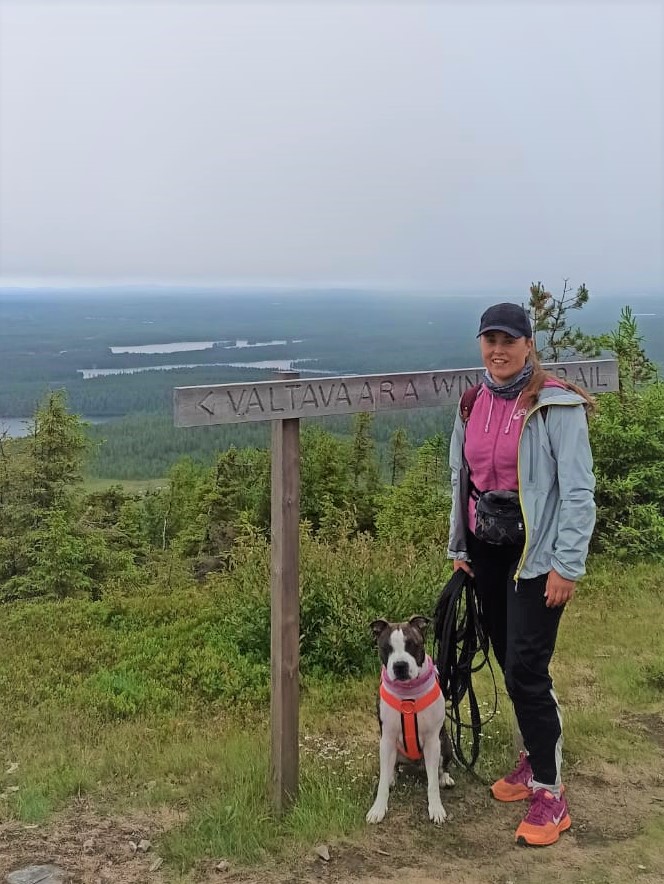
Meeri Kataja
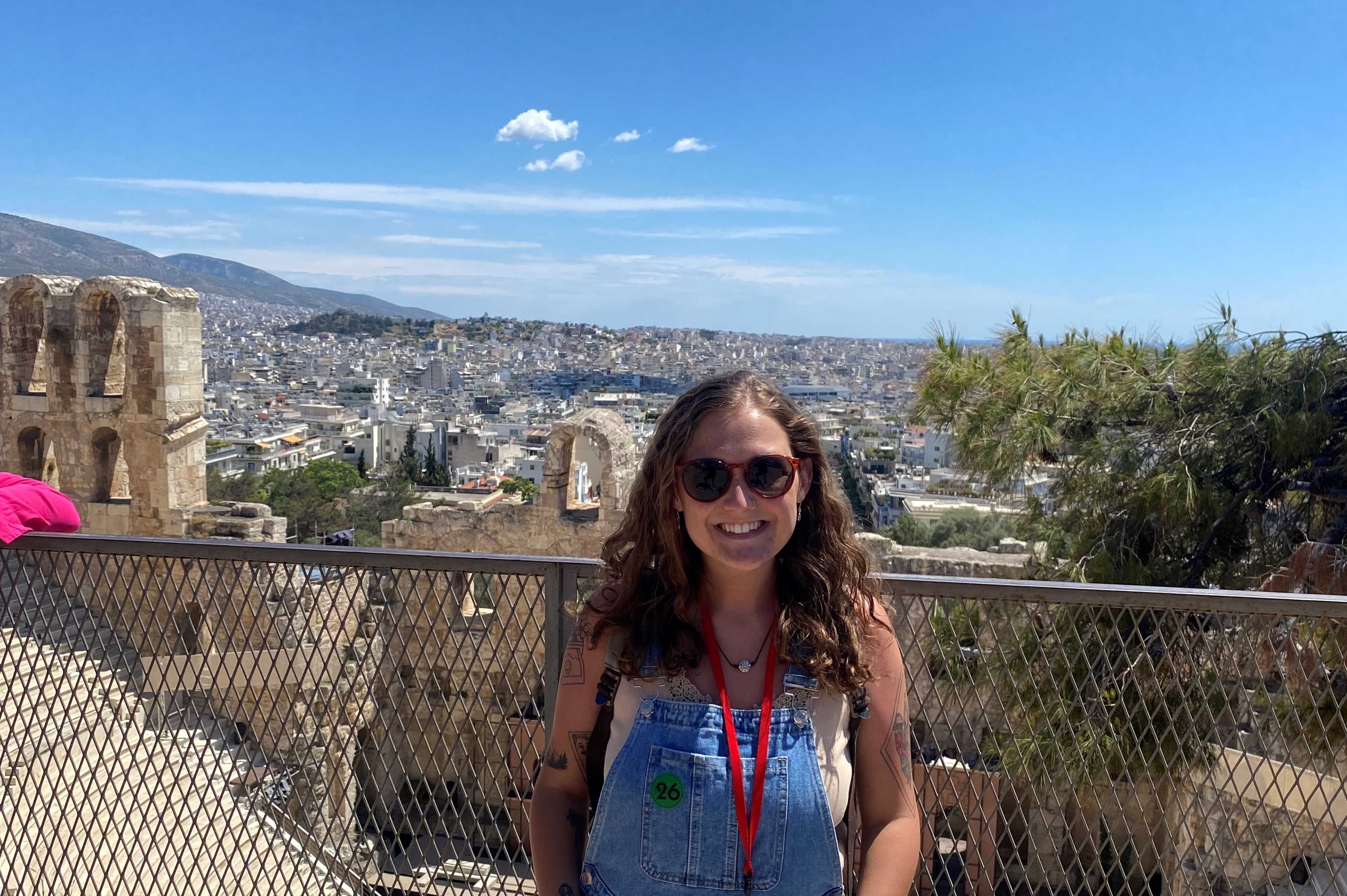
Amy Megowan
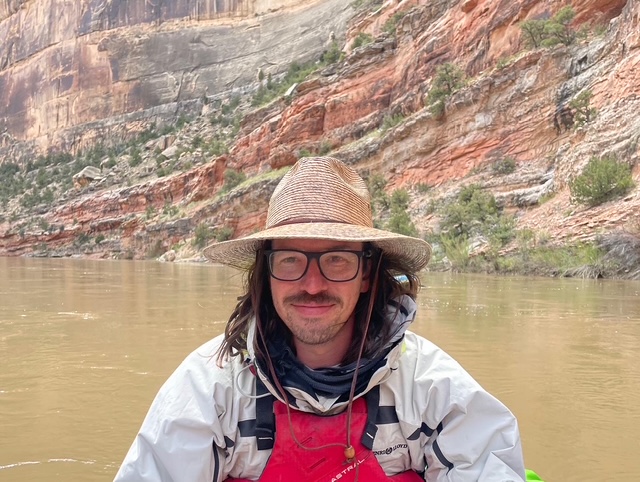
Alex Miller
Katie Montana
Corinne Neustadter
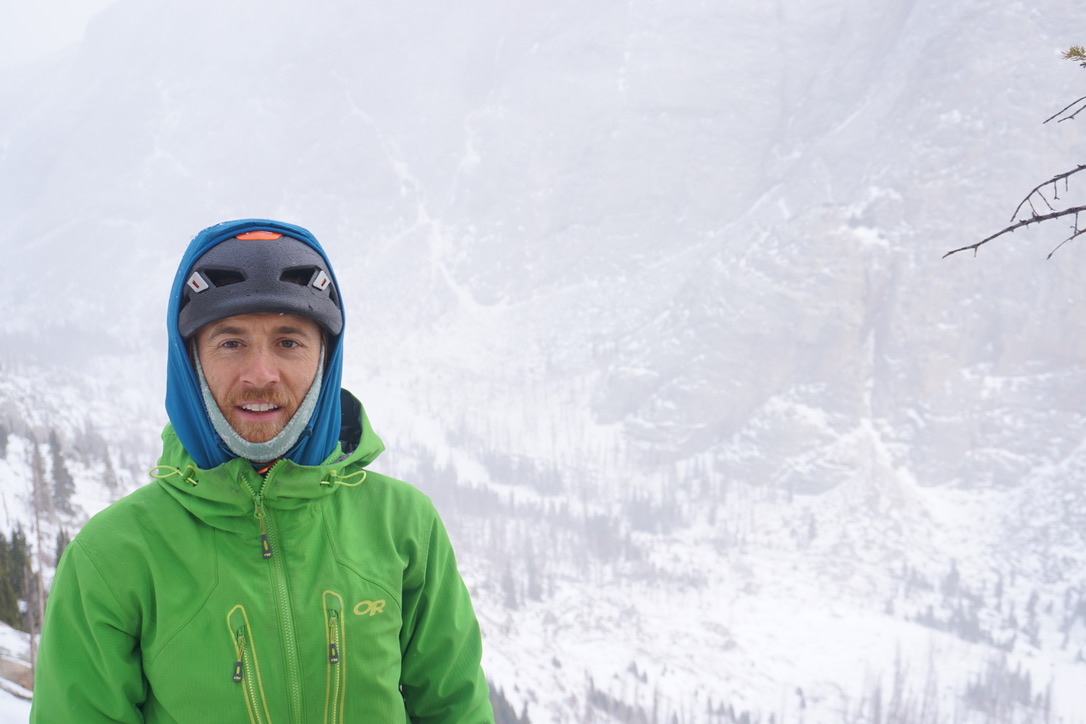
Jacob Northcutt
Emily O'Brien
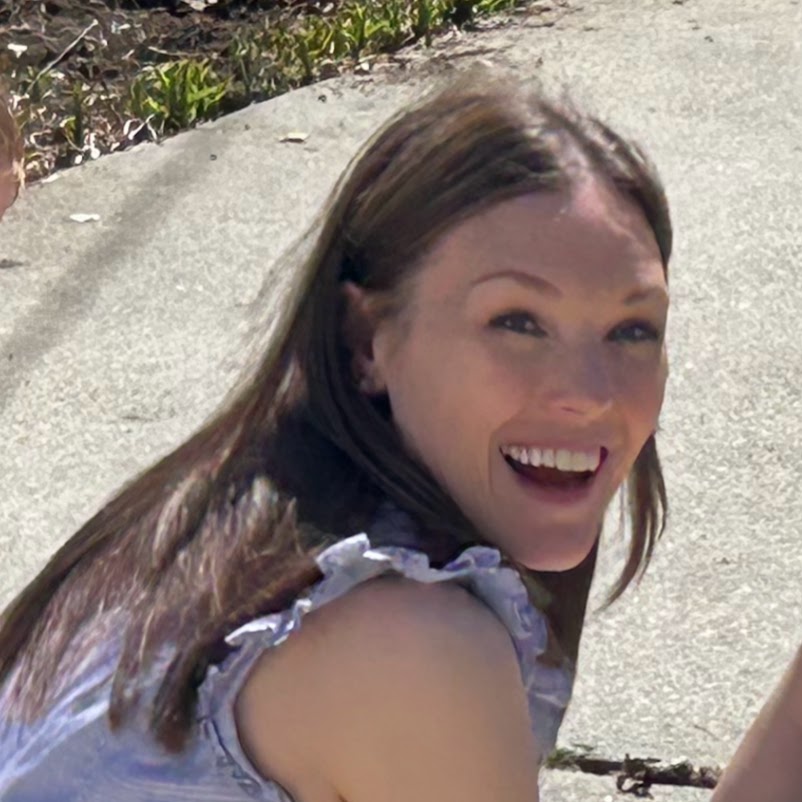
Natalie Preston
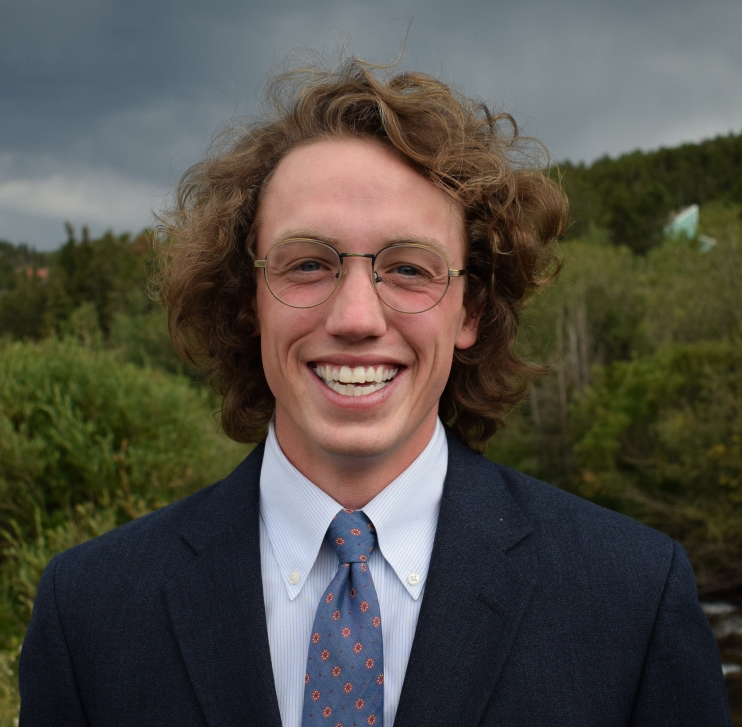
Austin Schoenkopf
Austin Schoenkopf (M.A., U. Oklahoma 2020) is a Ph.D. candidate studying the social and environmental consequences of creating a National Park Service unit in southeastern California’s eastern Mojave Desert. A Mellon Applied History Fellow at the Center of the American West, CU-Boulder, Austin works as a historic preservationist and archaeologist across the American West.
Matthew Stump
Matthew is conducting research at various archives including the Nebraska Historical Society – Lincoln, Montana Historical Society – Helena, the Coos County Historical Society – Coos Bay, Or., and the Oregon Historical Society – Portland, Or. The result of this research will show the various ways in which money, trust, and debt were non-material technologies used during the Gilded Age American West to create a system (that still exists today) that favored White Anglo men, while excluding the ‘Other.’ Using inter-disciplinary techniques, secondary source work includes psychology, economics, anthropology, and statistics. Matthew’s dissertation is a biography of a railroad, mining, fishing/cannery, and timber baron named Elijah ‘The Profit’ Smith.
Yvette Towersap
Yvette is studying the history of the Shoshone and Bannock people in the Greater Yellowstone region including southwest Montana. She has a bachelor’s degree in Anthropology, a Masters in Environmental Law, and another Masters in U. S. History. Her interests are Native American tribal histories, political/treaty history, native gender and public history.

